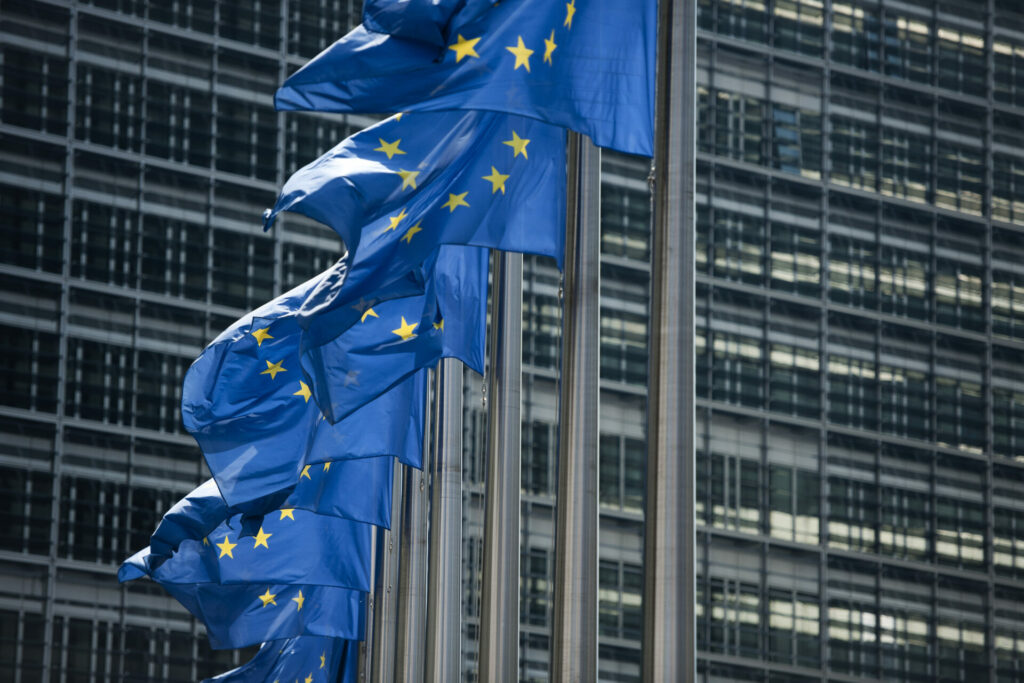After months of discussions, EU energy ministers have reached a political agreement to introduce a wholesale gas price cap. Through this mechanism, the price in the European Union should not exceed €180/MWh from 15 February.
The 27 EU Member States voted on a deal to introduce a price cap at €180/MWh, which only Hungary voted against – while The Netherlands and Austria abstained. The vote also saw Germany, who had previously blocked the EU mechanism, also vote in favour.
"We have succeeded in finding an important agreement that will shield citizens from skyrocketing energy prices," said Jozef Síkela, Czech minister of industry and trade. "We will set a realistic and effective mechanism, which includes the necessary safeguards that will steer us clear from risks to security of supply and financial markets stability. Once again, we have proved that the EU is united and will not let anybody use energy as a weapon."
The cap is €65 higher than the current gas price on the wholesale market, and will be triggered if the wholesale price of natural gas exceeds €180/MWh for three days. The mechanism would be triggered only if the price differential with liquefied natural gas (LNG) exceeds €35 for those same three days.
The mechanism will apply as of 15 February. The Agency for the Cooperation of Energy Regulators (ACER) will constantly monitor the markets and if it observes that a market correction event has occurred, it will publish a 'market correction notice' on its website.
While the mechanism is active, transactions concerning the natural gas futures above a so-called "dynamic bidding limit" – which is the reference price for LNG on global markets plus €35/MWh – will not be allowed to take place. If the reference price for LNG is below €143, the dynamic bidding limit will remain at the sum of €143 and €35.
Once activated, the dynamic bidding limit will apply for at least 20 working days. If the dynamic bidding limit is below 180€/MWh for last three consecutive working days, it will be automatically deactivated. It will also automatically be deactivated, at any time, if a regional or EU emergency is declared by the European Commission according to the security of supply regulation, notably in a situation where the gas supply is insufficient to meet the gas demand (rationing).
Related News
- Belgium risks major gas shortages this winter
- EU Commission gas cap proposal stymied by strict conditions
- Belgium will block EU energy agreements until gas price cap is adjusted
After Russia invaded Ukraine, gas prices rose sharply, reaching a record €345/MWh at the end of August. Since then, there have been discussions on introducing a price cap, for which an agreement between EU member states has not come easy.
In the war, natural gas is being used as a geopolitical weapon: Europe is a major consumer of natural gas from Russia and is heavily dependent on it, which is why Russia is using the gas tap as a means of pressure.

